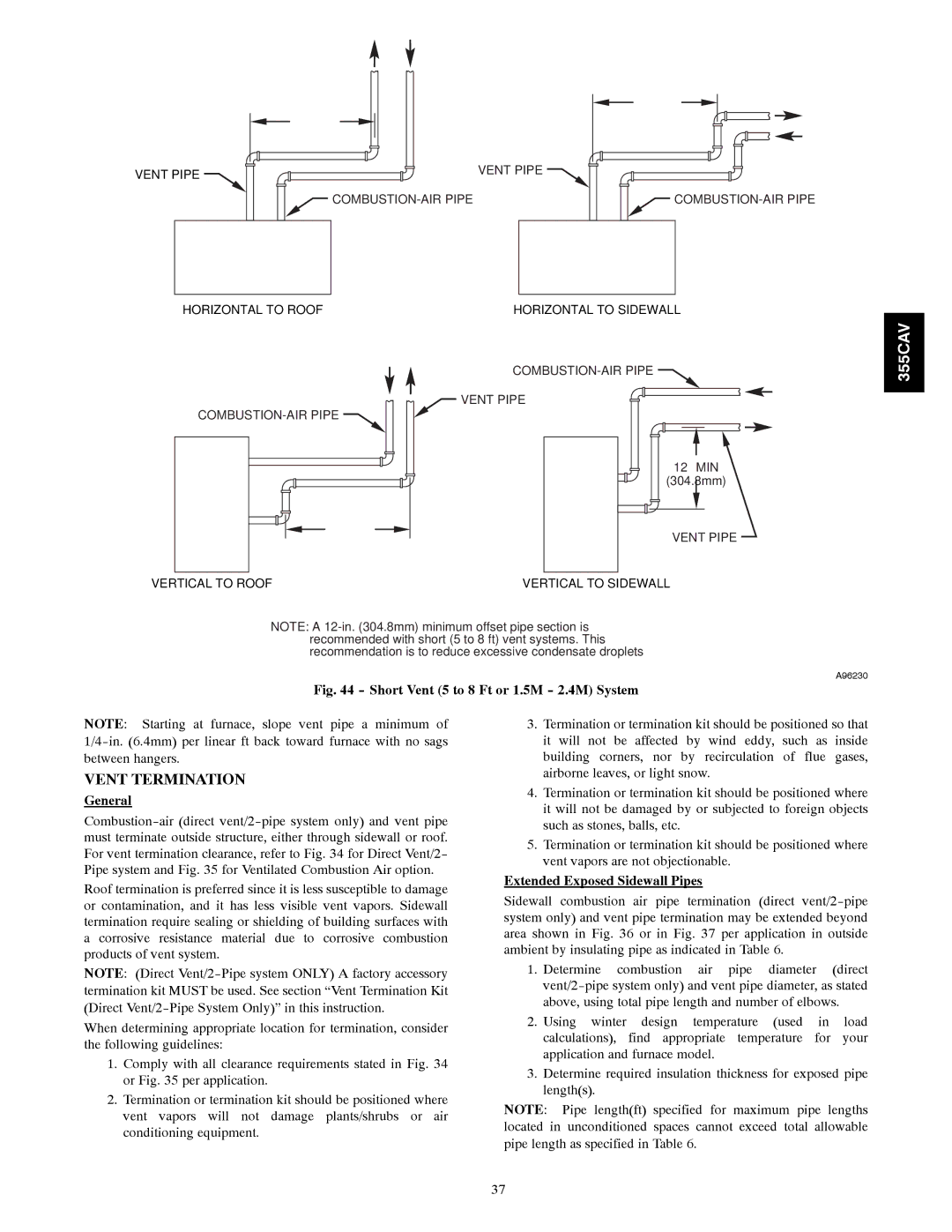355CAV specifications
The Bryant 355CAV is a state-of-the-art automated vertical machining center designed to enhance precision and efficiency in the manufacturing sector. Renowned for its robust construction, this machine is engineered to handle a broad spectrum of machining tasks, making it suitable for both small and large-scale production environments.One of the standout features of the Bryant 355CAV is its advanced CNC control system, which provides users with exceptional ease of use. The intuitive user interface allows operators to program complex machining operations with minimal effort, significantly reducing setup times. The machine's high-speed spindle achieves impressive rotational speeds, which allows for quick material removal, ultimately optimizing productivity and throughput.
The Bryant 355CAV exhibits superior rigidity and stability due to its solid cast iron frame and carefully designed structural components. This construction minimizes vibrations during machining, ensuring that even the most intricate parts are produced with high accuracy. The machine's precision ground linear guideways further enhance its performance by providing smooth motion and high load capacity.
Equipped with a large work envelope, the Bryant 355CAV enables manufacturers to accommodate various part sizes and geometries. Additionally, its automatic tool changers can hold a variety of tools, thus facilitating quick transitions between different machining operations without requiring manual intervention. This flexibility is essential for meeting the diverse needs of modern manufacturing.
Another notable characteristic of the Bryant 355CAV is its energy-efficient design. It integrates modern technologies aimed at reducing power consumption while maintaining optimum performance. This environmentally conscious approach not only cuts operational costs but also aligns with the growing demand for sustainable manufacturing practices.
Moreover, the Bryant 355CAV features advanced monitoring capabilities, allowing operators to track machine performance in real time. Data analytics from these systems can be utilized to improve operational efficiency, reduce downtime, and enhance predictive maintenance protocols.
In summary, the Bryant 355CAV is a versatile, high-performance machining center that showcases cutting-edge features and technologies. Its combination of user-friendly controls, sturdy construction, energy efficiency, and advanced monitoring positions it as a vital asset for manufacturers aiming to elevate their productivity and precision in an increasingly competitive landscape.

